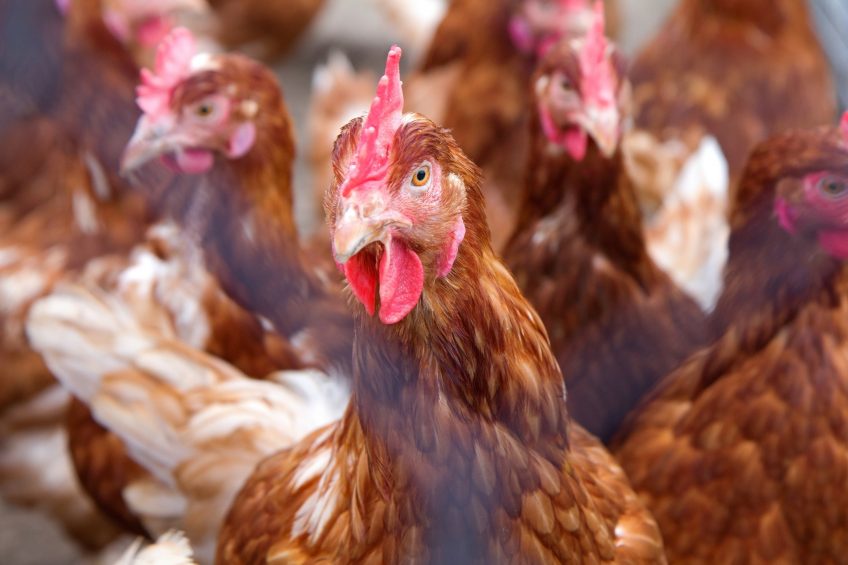Poultry excrement as a renewable energy source

Poultry excrement may have a future as a fuel for heat and electricity, according to research published this week.
Treated excrement from turkeys, chickens and other poultry – when converted to combustible solid biomass fuel – could replace approximately 10% of coal used in electricity generation, reducing greenhouse gases and providing an alternative energy source.
Researchers at the Zuckerberg Institute for Water Research, Ben-Gurion University of the Negev, Israel, say that environmentally safe disposal of poultry excrement has become a significant problem but that converting poultry waste to solid fuel could be the answer.
The researchers evaluated two biofuel types to determine which is the most efficient poultry waste solid fuel. They compared the production, combustion and gas emission of biochar, which is produced by slow heating of the biomass at a temperature of 450°C (842F) in an oxygen free furnace with hyrdochar.
Hydrochar is produced by heating wet biomass to a much lower temperature of up to 250°C under pressure using a process call hydrothermal carbonization (HTC). HTC mimics natural coal formation within several hours.
Professor Amit Gross, chair of the Department of Environmental Hydrology and Microbiology at BGU’s Zuckerberg Institute, said the scientists found poultry waste processed as hydrochar produced 24% higher net energy generation.
“Poultry waste hydrochar generates heat at high temperatures and combusts in a similar manner to coal, an important factor in replacing it as a renewable energy source.”
For the first time, the researchers also showed that higher HYC production temperatures resulted in a significant reduction in emissions of methane and ammonia and an increased in carbon dioxide and carbon monoxide.
“This investigation helped in bridging the gap between hydrochar being considered as a potential energy source toward the development of an alternative renewable fuel,” according to Prof Gross.
“Our findings could help significantly reduce greenhouse gas emissions associated with electricity generation and agricultural wastes. Field-scale experiments with HTC reactor should be conducted to confirm the assessments from this laboratory-scale study,” he added.













